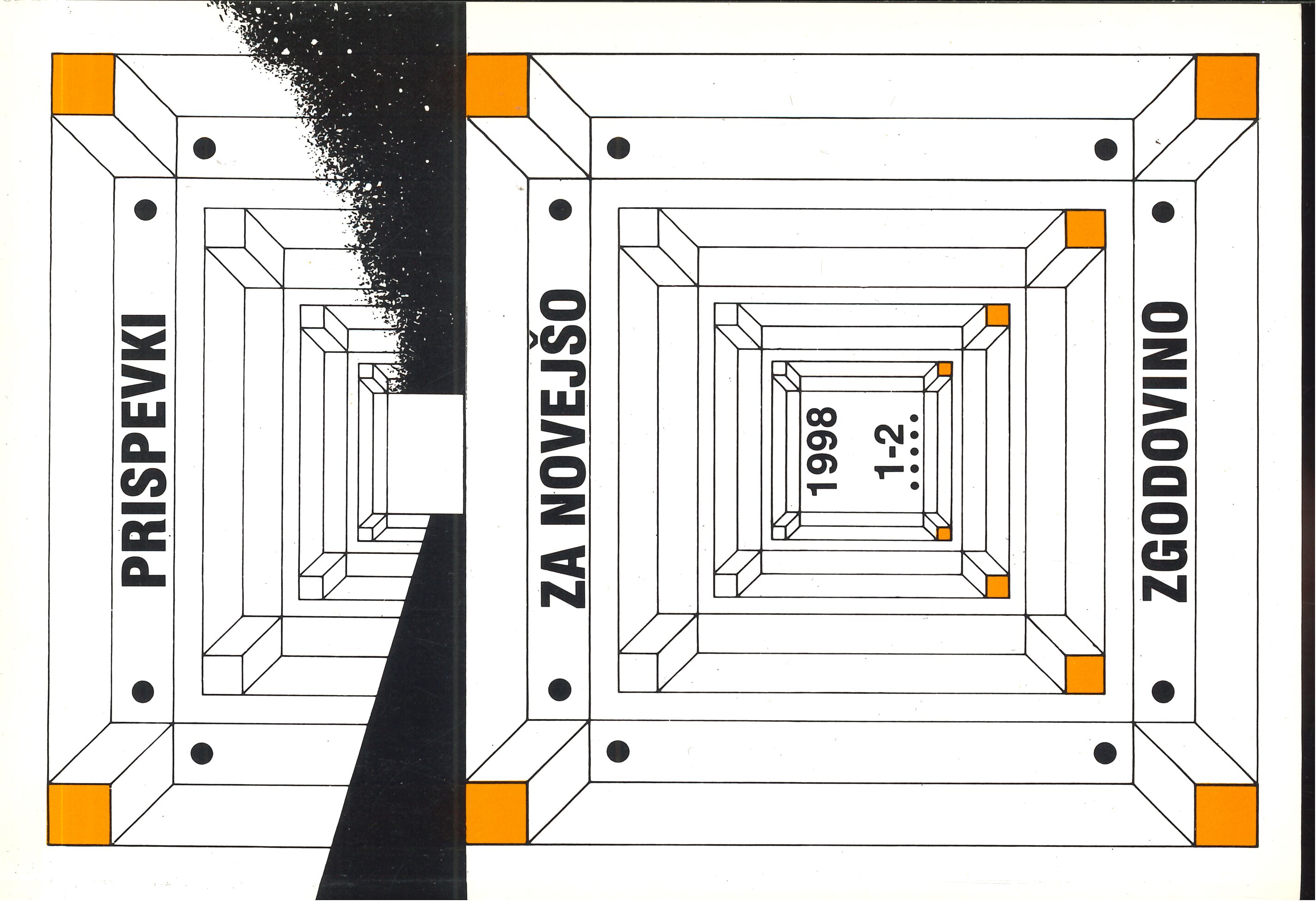The Change of Cultural Policy Orientation after the Inform Bureau Conflict
Keywords:
Jugoslavija, komunistična partija, informbirojski spor, kultura, kulturna politika, Agitprop, cenzuraAbstract
Since 1945 the Yugoslav leadership imitated the model of Soviet socialism also in the field of cultural policy. The consequences of such direction were particularly bad for Slovenia, a culturally developed country, which had been traditionally open to the western influences in the past. The cultural orientation started changing a year after the outbreak of conflict between Yugoslavia and the Soviet Union. At that time Yugoslavia began to open itself again to the western world. The symbolic turnabout came in 1952, when the Yugoslav Association of Writers formally renounced the trends of socialist realism. Also in that year, the Communist Party abolished the 'Agitprop', an extensive censorship apparatus, which had been used for exercising intellectual control over artistic and scientific production. At first, the changes were mostly the result of political actions of the government, but since the early fifties other tendencies were also emerging which were opposing the Communist monopoly in culture. However, the conflict with Milovan Đilas in 1954 showed that the authorities would not allow a total freedom of cultural activity.
Downloads
Published
Issue
Section
License
Authors who publish with this journal agree to the following terms:
- Authors retain copyright and grant the journal right of first publication with the work simultaneously licensed under a Creative Commons Attribution License that allows others to share the work with an acknowledgement of the work's authorship and initial publication in this journal.
- Authors are able to enter into separate, additional contractual arrangements for the non-exclusive distribution of the journal's published version of the work (e.g., post it to an institutional repository or publish it in a book), with an acknowledgement of its initial publication in this journal.
- Authors are permitted and encouraged to post their work online (e.g., in institutional repositories or on their website) prior to and during the submission process, as it can lead to productive exchanges, as well as earlier and greater citation of published work (See The Effect of Open Access).


